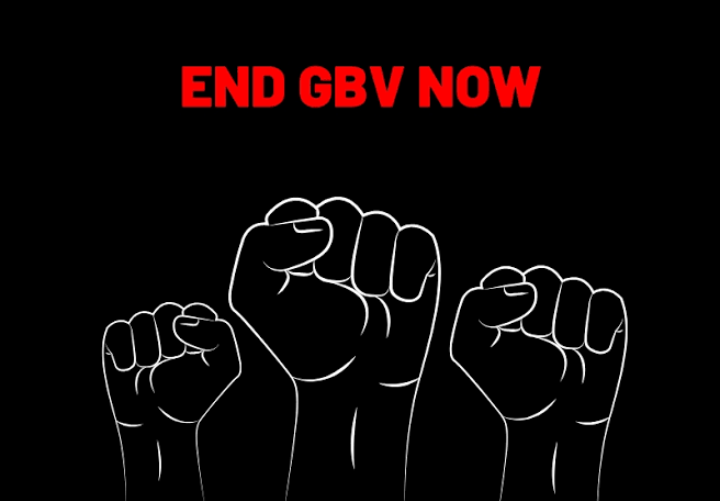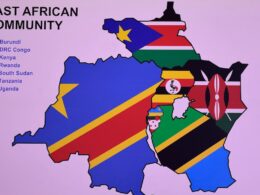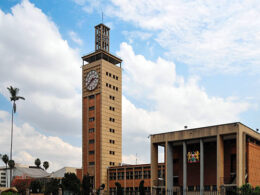NAIROBI,Kenya – Each year, from the 25th of November being the International Day for the Elimination of Violence Against Women to the 10th of December, Human Rights Day, the world joins in commemorating the 16 Day of Activism against gender-based violence. Within these 16 days, champions for women’s rights increase their voices in calling for the prevention and elimination of all forms of violence against women.
The global theme for this year is, ‘UNITE! Invest to prevent violence against women’ with the hashtag #NoExcuse. It is worth noting that women and girls, as statistics show, suffer severe forms of gender-based violence, including sexual, emotional, physical and psychological abuse. It is appreciated that such violence has severe consequences that negatively impact their ways of life.
In the context of SGBV, one silent ‘scourge’ that is rarely discussed is marital rape and especially within the African context. To many, such a violation seems absurd and far-fetched and cannot seemingly occur in a marriage. The argument advanced by those who belong to this school of thought is that a husband ‘cannot’ rape his wife where the covenant of marriage exists.
If anything, he would be ‘enjoying’ that which he is ‘entitled’ as a man in order to ‘quench’ his ‘thirst’; after all, he has ‘needs’ that must be satisfied. Martial rape refers to any non-consensual sexual acts committed by a spouse. Such an offence occurs when the victim is unable to consent, when force is used, or when a threat of force is used.
It is appreciated that sexual violence, in its very nature and especially rape, carries with it a stigma that prevents victims from reporting such violations; hence majority tend to go silent on the same and suffer silently, and this may include married women.
Within the African setting, which is mainly patriarchal, women are not seen in most cases as distinct human beings in their wholesome selves; instead, they are viewed as subordinate to men. Such notions are equally backed by a people’s culture and traditions, laced with stereotypes, especially where dowry is paid and the woman, now a wife, becomes the man’s ‘property’.
The misconceived notion that women are not entirely entitled to their own bodies upon marriage gives birth to the misconception that they can be used in whatever manner the other spouse deems fit in the performance of their wifely ‘duties.’ Where men feel that sex is a right to which they are entitled, and its denial means that they are to take it however and whenever they want it, breeds grounds for abuse and violence, in essence being sexual and gender-based violence.
As mentioned earlier, where a wife has not given consent and is coerced into sexual relations, then without a doubt, it can be stated that marital rape has occurred and in itself is an offence. In Kenya, the Sexual Offences Act of 2006 does not recognise the offence of marital rape; in fact, it provides for an exemption under section 43 (5). Where the law seeks to arguably ‘permit’ the perpetration of such an offence, then women in marriages who suffer from such violence seem to have no recourse.
Although statistics on marital rape may be inadequate, it cannot be ignored that such severe forms of sexual and gender-based violence do occur. Globally, at least over 50 countries have criminalised marital rape.
The recognition that such vices arise in the context of marriage should be the continued wake-up call needed to engage with the subject and adequately amend our laws to reflect our present realities. Women in marriages should equally be protected against all forms of SGBV, including marital rape. All women are entitled to relish in their womanhood and thrive in their femininity in a world free of any and all forms of SGBV.
As we commemorate this year’s 16 days of activism, society must have a profound reflection on the subject of rape in the context of marriage ‘absurd’ as it may seem and call for its criminalisation and especially within Kenya. We cannot bury our heads like the proverbial ostrich; we must confront this vice.Marriage is No excuse to rape a wife.
The writer, Wallace Nderu is an Advocate of the Hight Court and a Programme Officer at ICJ Kenya.











